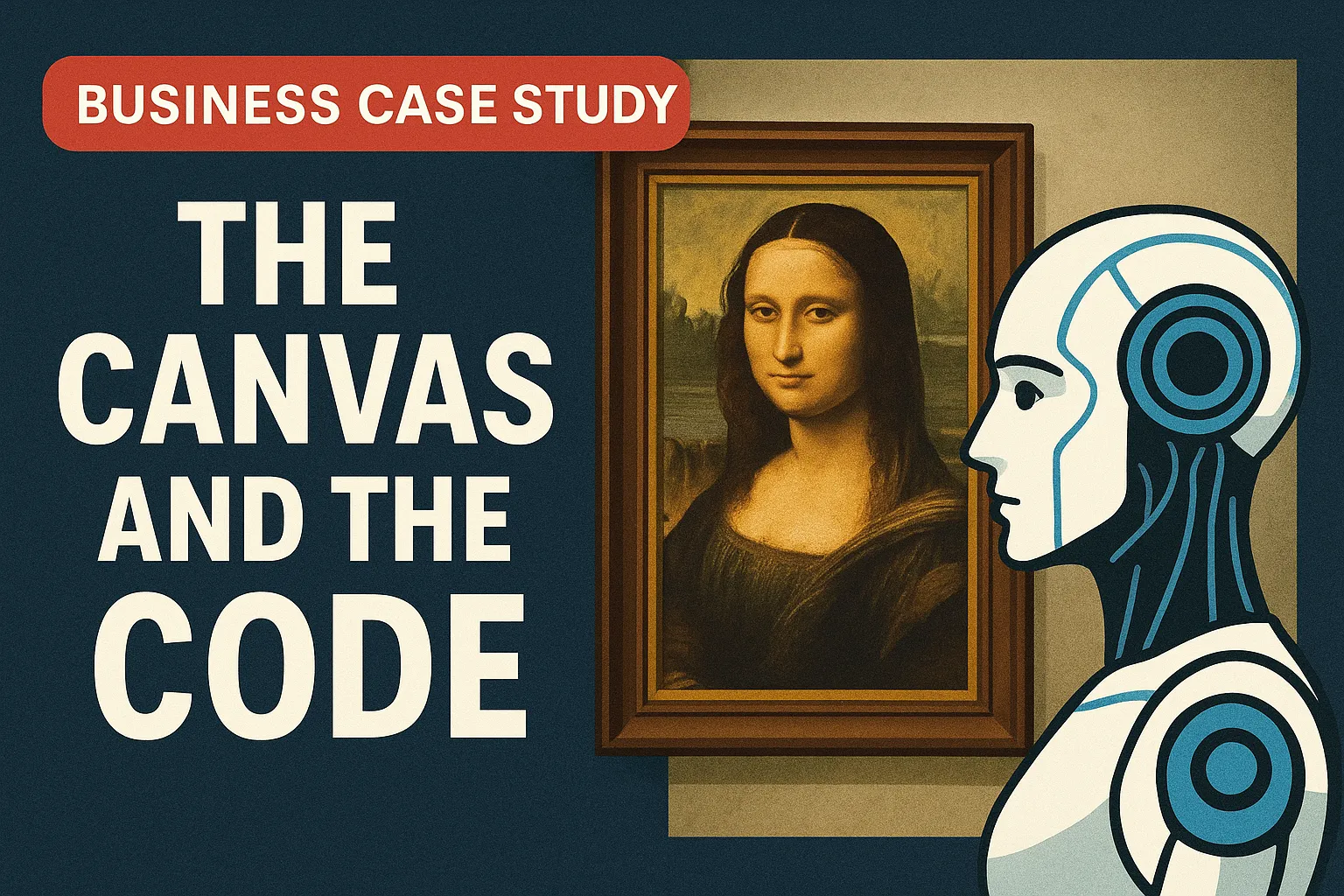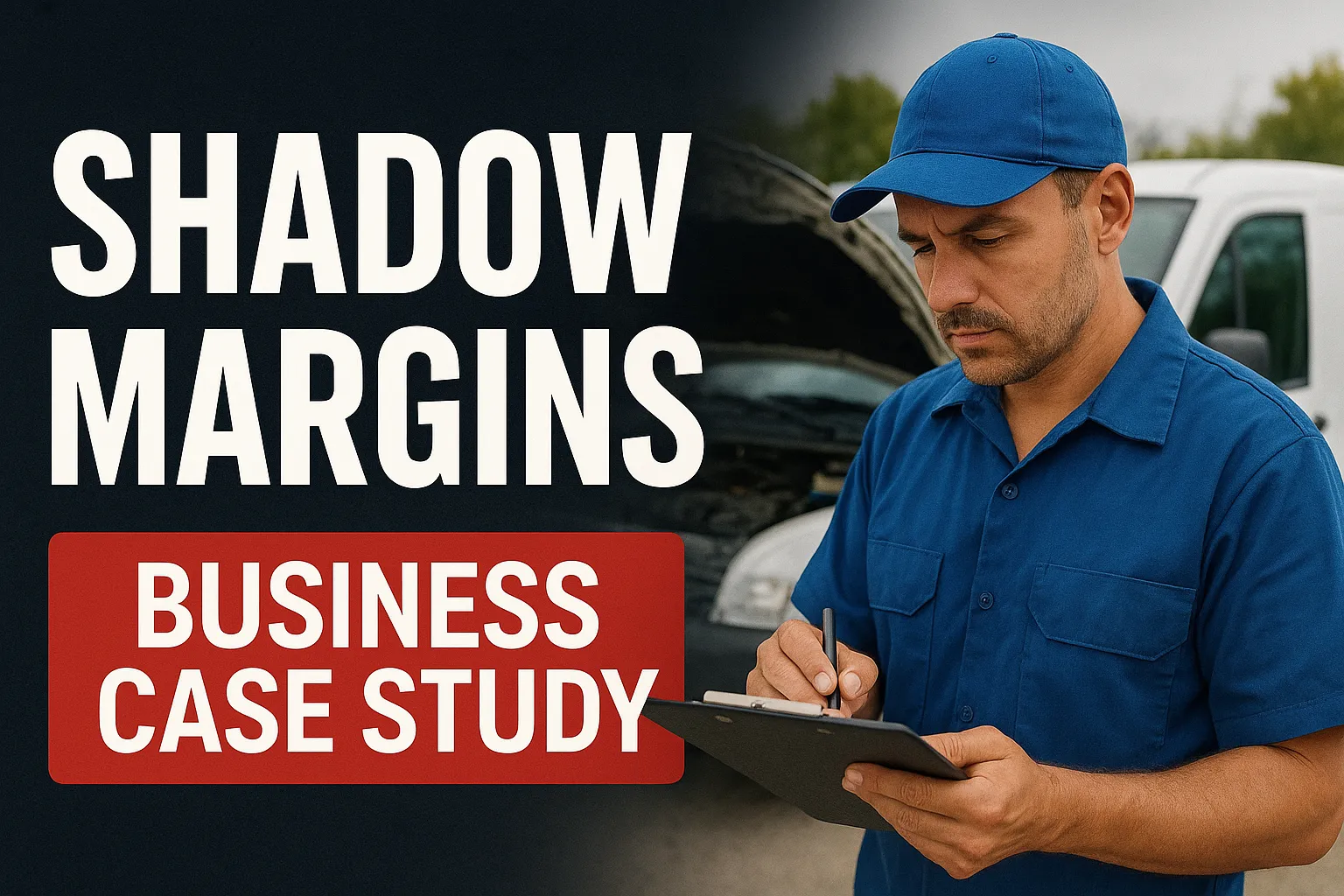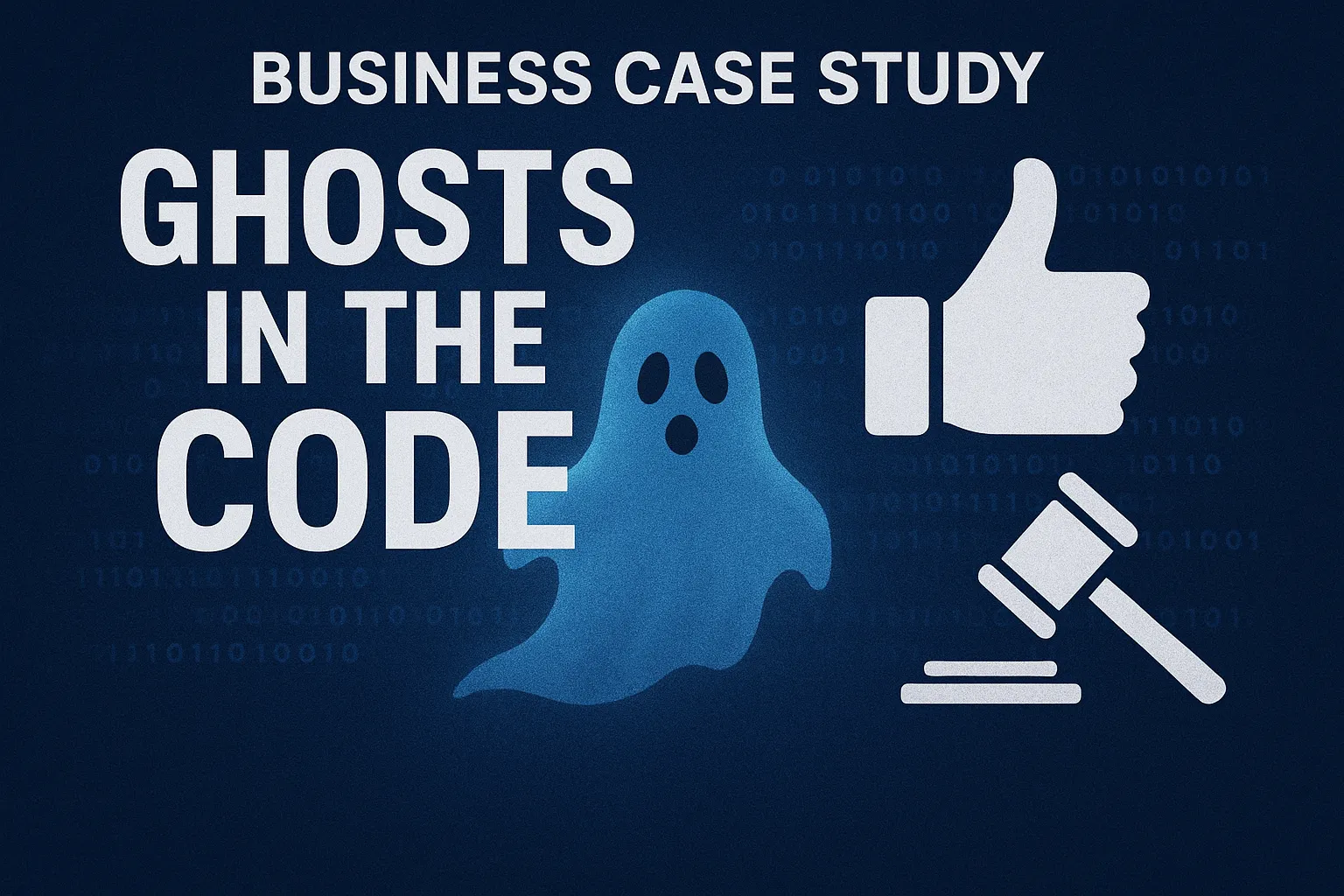 Case Studies Club
Where Strategic Minds Meet
Case Help
Case Studies Club
Where Strategic Minds Meet
Case Help
The Alchemist's Dilemma - The Search for the Next Golden Snitch
A Framework for Valuing Innovation and Uncovering Customer Need
Weasleys’ Wizard Wheezes, a leading magical mischief company, needs to find a new blockbuster product to secure its future. The company's new hire, Alex, must navigate this challenge by developing a low-risk, high-return process to determine a product's market fit before committing to a costly launch.
Core Themes:
Turn Business Challenges Into Strategic Wins
Browse our Insights Marketplace for frameworks and tools that drive results
Explore MarketplaceOverview
The case before us is one of fundamental risk and reward, a high-stakes play in a market built on novelty and necessity. Weasleys' Wizard Wheezes, a titan in the magical mischief and innovation sector, stands at a crossroads. Its future hinges on the success of its next major product launch, a task assigned to a bright but unproven mind. The central dilemma isn't about conjuring a new gadget; it's about validating a product's purpose before it ever takes physical form. The firm's reputation and financial stability hang in the balance. We'll be examining a framework of four distinct tests, each designed to peel back a layer of customer desire. The core of this analysis is to determine at what point in this process the risk can be deemed manageable, and the reward, a near certainty. It's a game of chicken with a market that can be as fickle as a Boggart.
Backstory
The Weasleys' Wizard Wheezes enterprise was born from the brilliant, rebellious minds of two brothers, Fred and George. They built their empire not on ancient magic, but on a keen understanding of the market's pulse, a knack for turning a simple spell into a commercial hit. Their early successes—from Skiving Snackboxes to extendable ears—were fueled by a rebellious spirit and a deep connection to their youthful audience. They carved out a dominant position by operating on the fringes of traditional wizarding commerce, always a step ahead of the Ministry of Magic's regulations and their competitors' plodding innovation cycles.
However, the game has changed. The brothers, now legendary figures, have shifted their focus to more grand, esoteric projects. The day-to-day operation, and more critically, the responsibility of finding the next breakout hit, falls to a new generation. This is where the core challenge emerges. Their initial hits were often born of intuition and a direct line to their peers' desires. The Weasleys knew what the market wanted because they were the mar...
🔓 Unlock This Case Study
Access full cases, analysis, recommendations, and community insights


